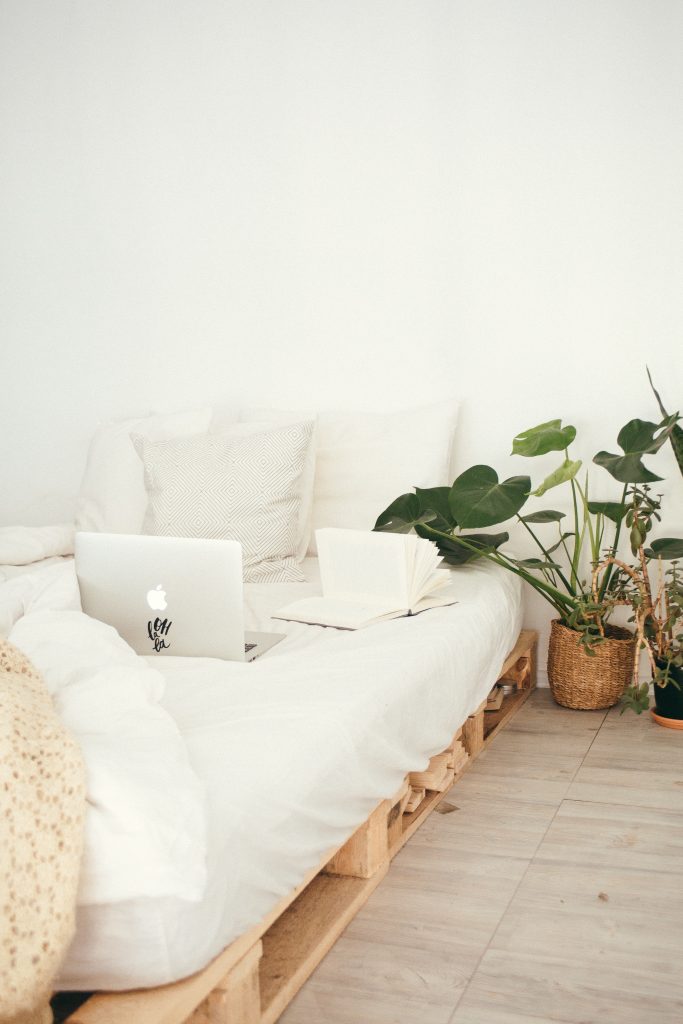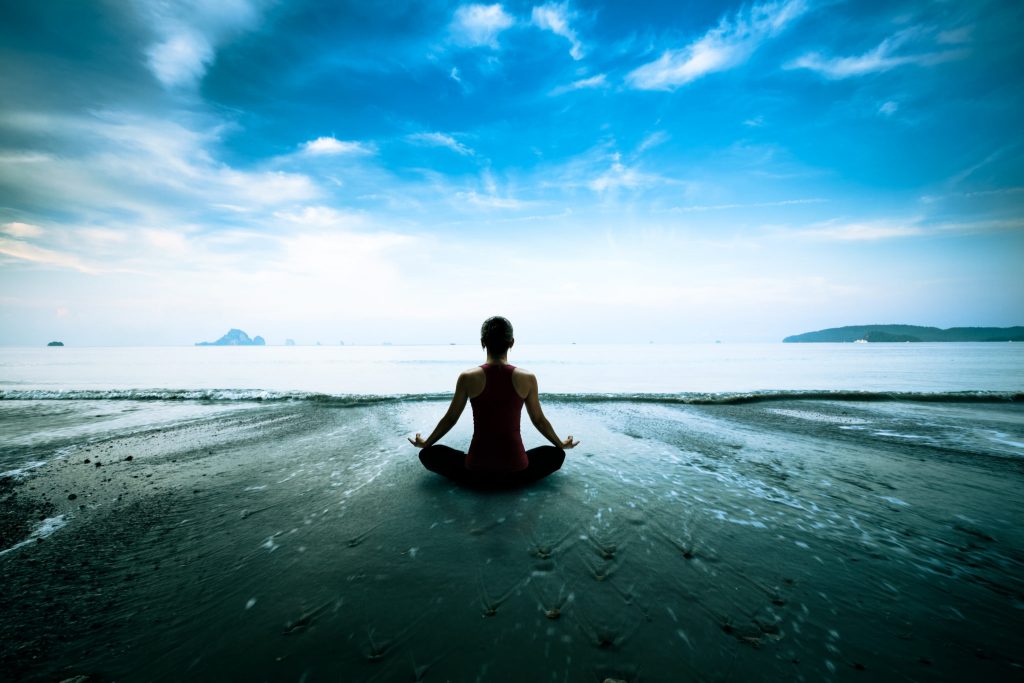The world is on lockdown and its population is adapting to life at home. From taking fitness classes via Zoom, to being more experimental in your cooking, to bingeing more boxsets, these are just some of the ways we’ve found ourselves passing the extra hours spent inside.
Whilst it’s great to be ‘productive’, is the desire to fill every second of the day with stimulation just a reflection of how we are now conditioned to go about our daily lives? By this we mean, there is so much pressure to be busy that the art of doing nothing (and in fact the importance of doing nothing), has been neglected for far too long.
Contrary to belief, doing nothing is productive. It gives the brain a well-deserved break and helps to reestablish a mind-body connection now lost in the whirlwind of our online lives.
Have you noticed that when you receive a notification on your phone it sends a little electrical jolt to the body? This happens because the notifications from phones shut off the prefrontal cortex in the brain that regulates higher-level cognitive functions, and instead, forces the brain to send alarm signals to the body. Not ideal!
Now that the notification has popped up it’s likely we can’t resist swiping across to open up another news update on COVID-19, viral TikTok challenge, or just your phone telling you that your screen time is used up for today and it’s only 9 am. This constant flow of information seeps into the brain and stays there until it’s time to go to sleep.
We don’t know about you, but we’ve found that just before lights out our brains have now taken it upon themselves to start reciting the voiceovers of viral videos or turn our stomachs in knots as we start evaluating all possible outcomes of this global pandemic.
Skin breakouts, brittle hair and nails, sleepless nights and depression are all a product of stress caused by these toxic environments. We’ve seen some of our favourite bloggers like fitness icons @stephclairesmith and @laura.henshaw talk about these changes across Instagram and letting their communities know that they are not alone in experiencing this.
https://www.instagram.com/p/B-lOiHtBNx5/
According to the experts at Origins Behavioural Healthcare, ‘various parts of our brains and bodies are in constant communication with each other and with our external stimuli.’ When we find ourselves in a stressful situation (i.e at the centre of a viral outbreak), our senses send signals to the amygdala, which then sends a signal to the hypothalamus – both these areas are positioned at the base of the brain. As a result, ‘the hypothalamus, which communicates with the nervous system, releases stress hormones into the body’… and we all know what hormones can do to our mood, skin and general being.
So how can we intercept these responses or even slow down the number of alarming signals pinging between the brain and body? Well, for a start, turn off notifications and give yourself a few hours of digital detox before bed. You’ve heard this before but that’s because it works. It creates space in our minds allowing us to unwind properly shutting off our over-alertness.
Practising quick meditation or just general mind-cleanse can also be beneficial. You don’t have to be a monk for this to work, find a quiet space so you can sit in silence and breathe or, if you’re crammed into a house with lots of people under one roof, put your headphones in and let a podcast like Meditation Minis guide you.
Caffeine and sugar may seem essential at the moment, but they cause your body to overproduce cortisol to help you manage increased stress levels which contribute to a change in hormones. Now is the perfect time to ditch your afternoon coffee and explore new hot drink options to realign the body.

Another tip is to monitor your intake of stress-inducing news or violent programs. Try reading something that is detached from these topics to balance out your consumption. Sometimes it can be hard to escape the news, especially when we work all day on our laptops, but researchers have shown that if we feel increased stress related to a specific topic, often we haven’t learnt to accept that topic. A great way to help your mind become more accepting of our current lifestyle is to manage a new routine that adapts and accepts the challenges faced today.
Lastly, and by no means least, do not pressure yourself to be what we are socially labelling as ‘productive’ during this pandemic. Remember, productivity comes in many shapes and sizes. Laying in bed and staring up at the ceiling is not a waste of time if it gives you a chance to disconnect and daydream. Just like our bodies, our brains need ‘rest days’ to strengthen and heal.

We must learn to take back control of our mind-body connection during this period of uncertainty. Make time for yourself and focus on re-establishing inner calmness amidst the storm.

Instagram – @eloiseemartinn
